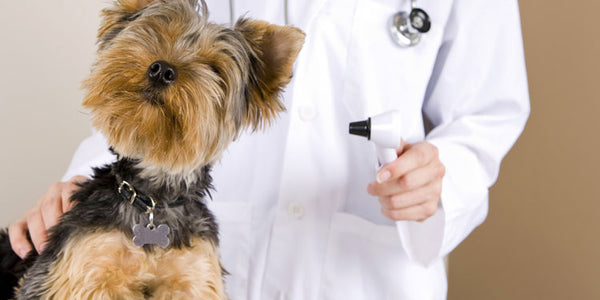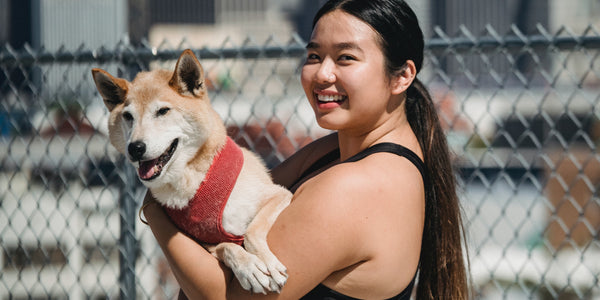As pet owners that love our pets, we all want them to be happy and healthy. A big part of achieving that is from monitoring their diet. However, when they are naturally equipped with big round eyes and a tendency to beg for food, we might sometimes be tempted to treat them to some of our meals — some of which might contain foods that are harmful to cats and dogs!
Our pets do not have the same biological make-up that we do — hence, they do not digest food in the same way. While some human-grade foods are safe to eat, there are sadly quite a few that are harmful, toxic and even poisonous to pets. In the worst case scenario, eating them can even cause to serious issues or life-threatening illnesses.
That being said, we should not only be aware of what to avoid feeding our pets. Making sure that these foods are out of reach is just as important. However, even with precautions, accidents can still happen. Thus, if your dog or cat has accidentally eaten anything you believe to be harmful or toxic, it is crucial that you seek veterinary care as soon as possible.
In this article, we are going to focus on some of the most common human foods that are harmful to cats and dogs.
Everyday Human Foods That Are Harmful To Cats & Dogs
Chives, Garlic & Onions
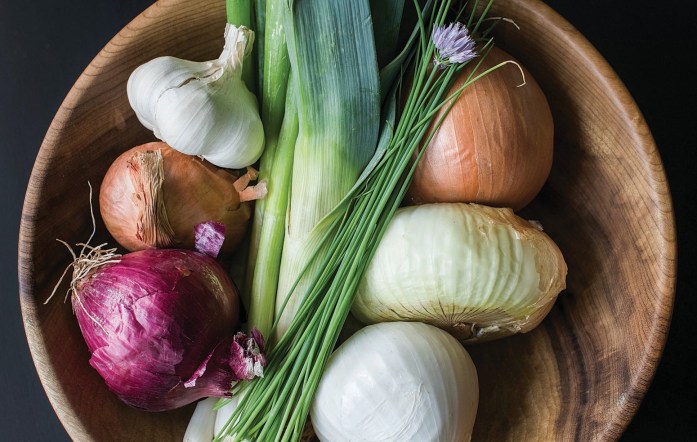
Chives, garlic and onions can be toxic to both cats and dogs. They can lead to irritation in the gastrointestinal tract and damage red blood cells, which causes anemia. To cats, these foods are especially harmful, even in small quantities. Meanwhile, for dogs, although they are not as dangerous, they can still cause problems when consumed in moderate to large amounts.
Milk & Dairy
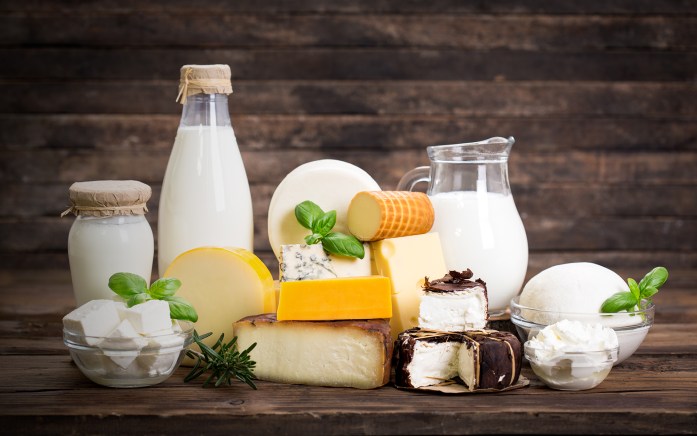
It is a common misconception that dairy can be consumed by cats. Just like some humans, most cats and dogs are lactose intolerant due to the lack of lactase enzymes in their bodies. Thus, milk and dairy products may cause indigestion as well as other digestive problems for our four-legged friends. However, if you’d still like to provide good source of calcium and treat your pets to some milk, try lactose-free milk like Zeal Lactose-Free Pet Milk instead.
Grapes & Raisins
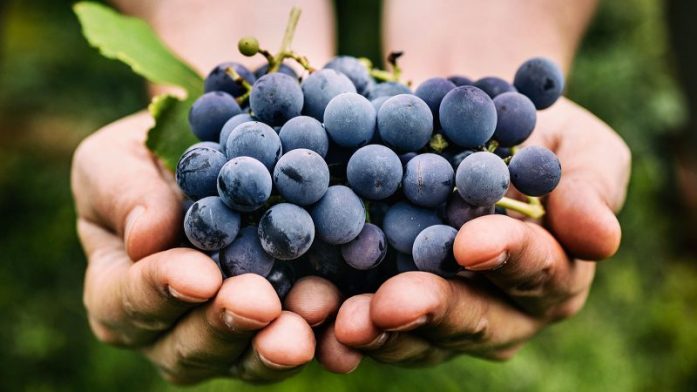
Grapes and raisins are also extremely harmful to both cats and dogs, but especially more so for our canine friends. By consuming a bunch of grapes, it can easily cause kidney failure. Therefore, these fruits should be strictly avoided by dog owners at all costs.
Chocolate, Coffee & Caffeinated Foods

Chocolate contains methylxanthines theobromine and caffeine (which is also present in coffee). Consquently, it can lead to excessive urination, panting, diarrhea, vomiting, seizures, abnormal heart rate and even death when ingested. Dark chocolate, baking chocolate, caffeine and diet pills are also especially poisonous due to their high concentration of caffeine.
Xylitol
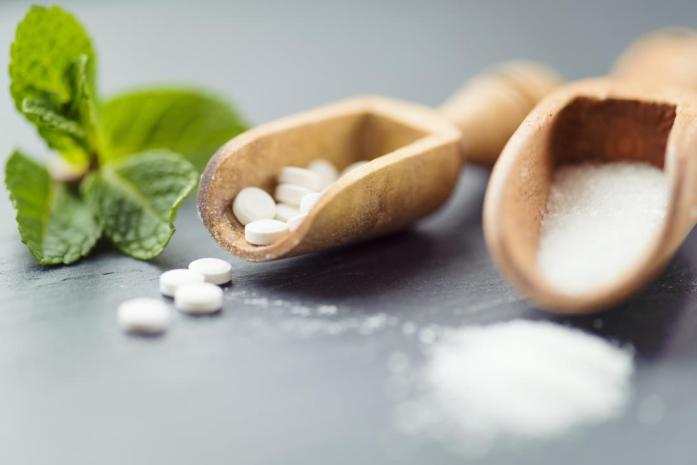
Xylitol is often used as an alternative to sugar in many food products like candy, chewing gum and baked goods. This substance can also be found in certain toothpastes. Xylitol is extremely lethal when ingested by dogs (but not so much cats). For dogs, consuming Xylitol even in small amounts can easily lead to hypoglycemia and liver failure. Resulting symptoms include lethargy, loss of coordination, vomiting and more serious signs like seizures. If you suspect that your dog has consumed Xylitol, do seek veterinary treatment as soon as possible.
Alcohol

Food items containing alcohol, including alcoholic drinks and snacks, can be severely life threatening to your cats and dogs. Consequently, it can lead to serious issues such as depression of the central nervous system, tremors, increased blood acidity, vomiting, diarrhea and poor coordination, ultimately leading to coma or even death.
Nuts

Almost all nuts, such as almonds, walnuts and pecans are high in fat and oil — which can lead to diarrhea, vomiting or even pancreatitis depending on how much your pet has eaten. For dogs, macadamia nuts are especially toxic as they can cause fever, the inability to walk, tremors or death. Some early symptoms include weakness in the hind legs, lethargy and vomiting.
Unbaked Yeast Dough

Unbaked yeast dough rises in dark, warm environments — including your pet’s stomach! As as result, this rising yeast in your pet’s digestive tract can easily cause bloating and bowel obstruction. However, in some cases, it can also cause the stomach to twist, causing life-threatening situations that require emergency abdominal surgery. As yeast ferments in the stomach, it can also release alcohol which may lead to alcohol poisoning.
Raw Eggs and Undercooked Meat
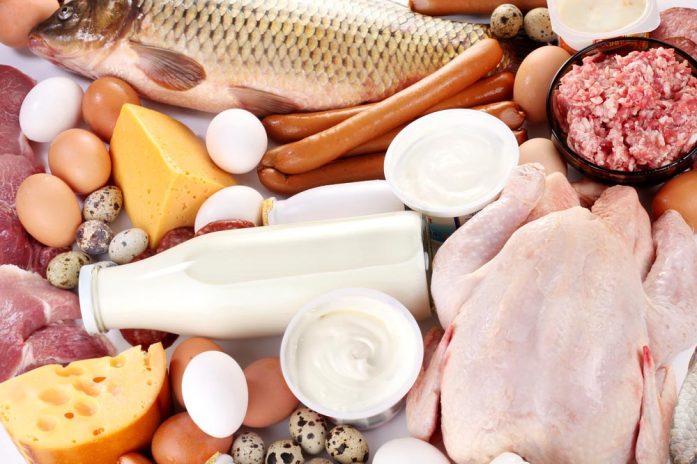
Raw eggs and raw or undercooked meat often contains harmful bacteria like E.coli and Salmonella. In addition, eggs also contain avidin, an enzyme that slows down the absorption of biotin. This can negatively impact your dog’s skin, metabolism and digestion. Be sure to cook these foods completely or consult your vet before adding any uncooked meats or eggs to your pet’s diet!
Cooked Bones
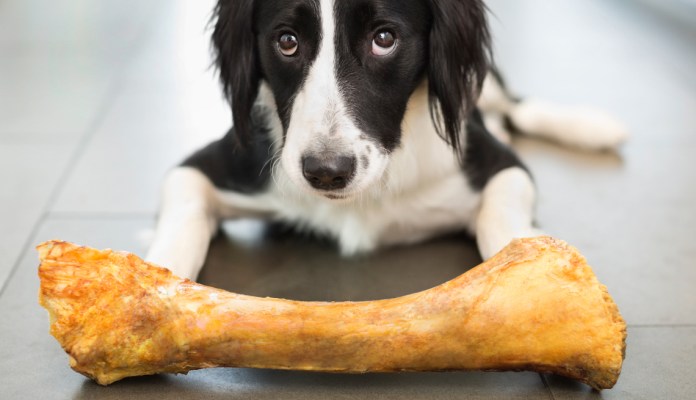
It’s a common misconception that all bones can be fed to dogs. However, some forms of bones, like cooked bones are harmful to your pets. This is because cooked bones tend to be much more brittle and are likely to splinter into sharp wedges. As a result, these sharp pieces can cut your dog’s mouth or damage their organs down the digestive tract.
On the other hand, some raw bones, such as chicken wingtips, duck necks or beef ribs tend to be safer for dogs. These include softer, more hollow bones. In addition, it is also important to ensure that these bones are size-appropriate for your dog, and should not be swallowed whole. If you’d like to find out more about what types of bones to feed your dog, read “Is It Safe To Feed My Dog Bones?”.
If your cat or dog has consumed any of these toxic, harmful foods, be sure to contact your vet immediately. To find out even more about foods that are harmful to our cats and dogs, check out “Things Singaporeans Should Not Be Feeding Their Cats” and “Top 11 Things Not To Feed Your Dog”.


